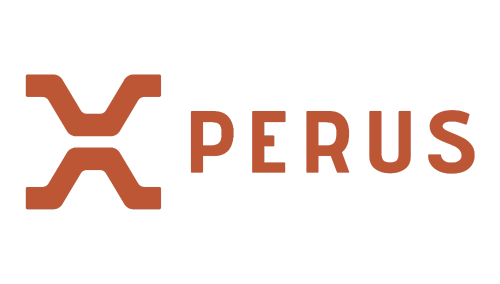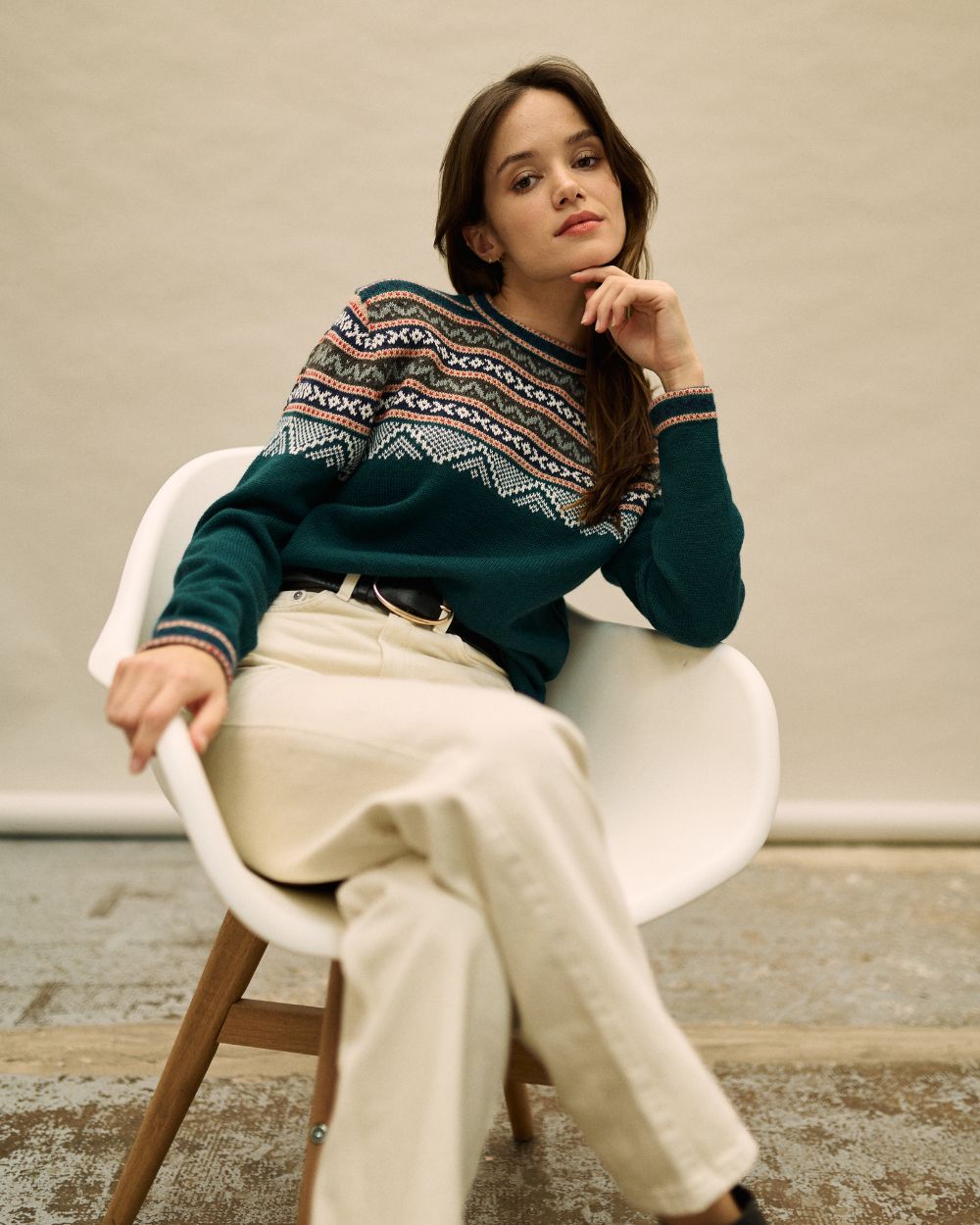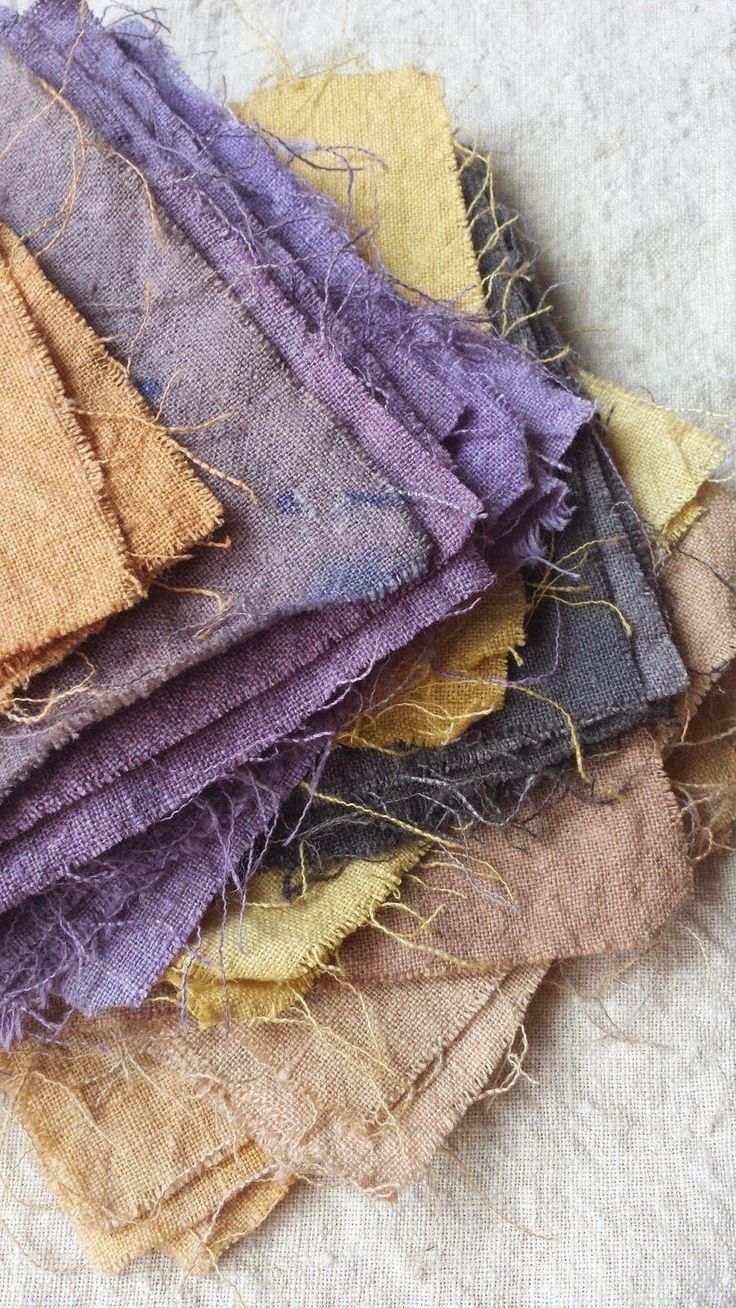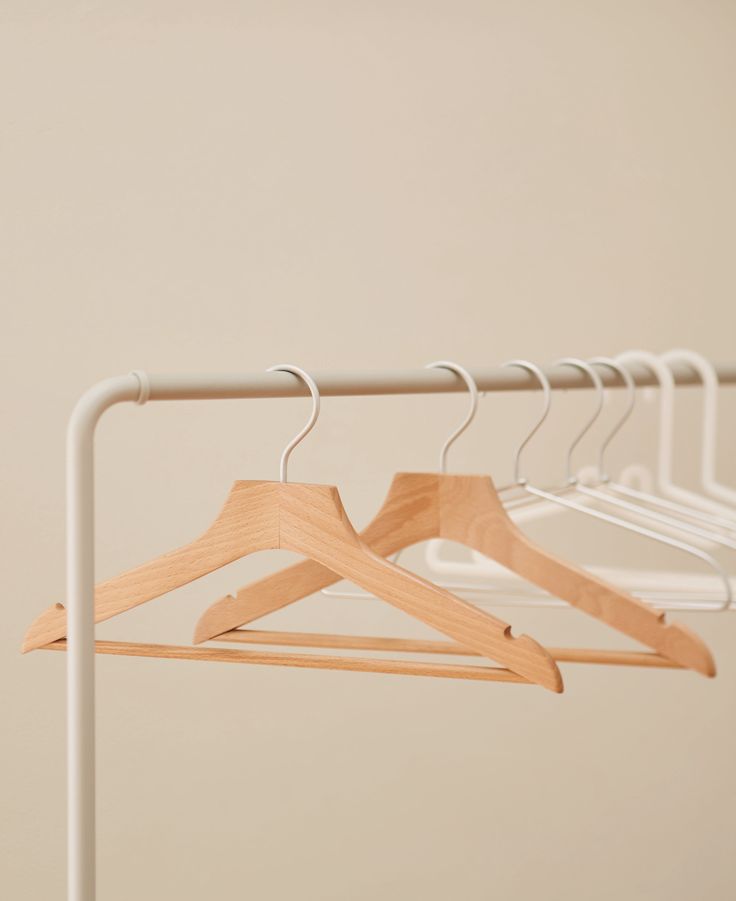What is ethical consumption?
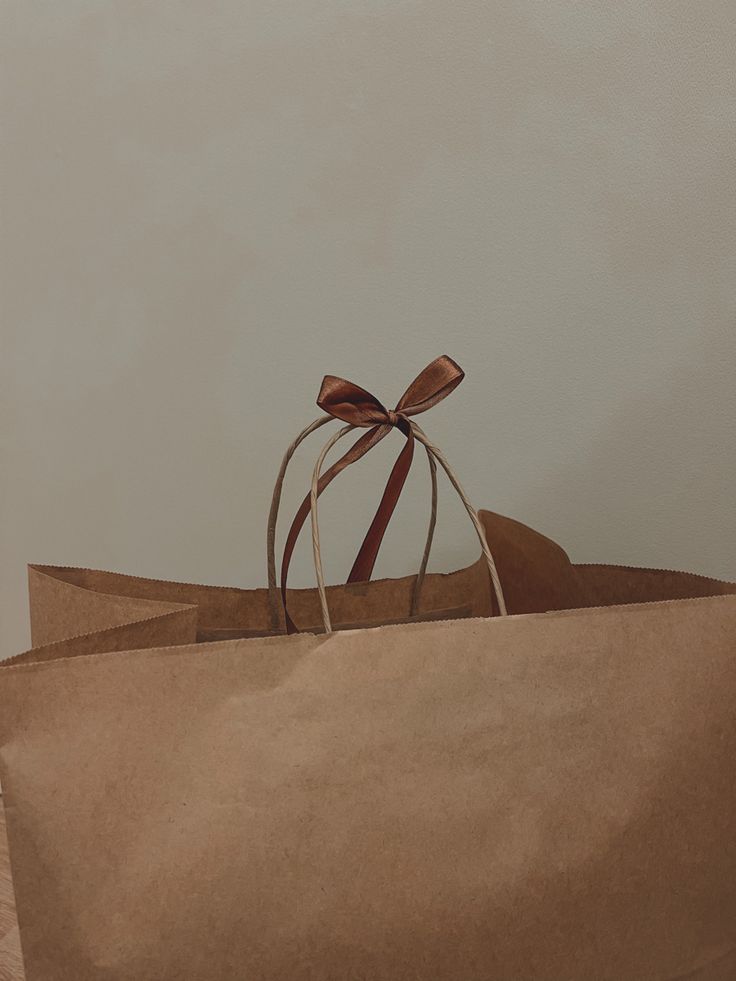
Because ethical fashion is not possible without consumer engagement.
On average, a person buys 40% more clothes than 15 years ago and keeps them for half as long (source: What consumers need to know © European Union, 2019). In France, this translates into annual purchases per capita of an average of 9.5 kg of textiles and shoes. Unfortunately, only 3.4 kg are collected at the end of their life (source: Refashion, 2021).
How to consume ethically and responsibly?
Here are some practices to adopt to move towards responsible ethical consumption (source: Refashion):
- We're emptying our closet!
The goal is to really know what’s in our drawers.
- We identify the basics and the timeless!
The goal: to identify pieces that are easy to combine, which will constitute “the core” of the wardrobe. Jeans, black or white pants, plain t-shirt, timeless jacket, sneakers,…
- We put aside the clothes we no longer wear!
In our closets, there are clothes that we haven't worn for over a year, that have become too small or too big, or that we just don't like anymore. Above all, we do not throw these clothes in the household waste bin!
- We take stock of the damaged parts!
A hole, pilling, a stain... damaged pieces are not necessarily doomed!
- We optimize storage! Classify the clothes in the wardrobe, by type of room and by color.
We then identify collection points for clothes you no longer want so that they can be reused, repaired or recycled. In the same way, we identify repair points for textile products or we repair our own clothes that we want to keep!
If you are going to make a purchase, favor buying second hand, vintage and if you buy new, buy eco-responsible products that will last over time: favor responsible materials, made in Europe (don't forget look at the labels to know the place of production and the material used!) and try to buy labeled products.
Before your purchase, here is a series of simple questions developed by Marie Duboin and Herveline Giraudeau to ask yourself for ethical consumption (commonly called the BISOU method):
B for “need”: what need does your purchase correspond to?
I for “immediate”: do you need this purchase immediately or can you wait a bit?
S for “similar”: do you already have something similar at home? To be able to answer this question it is important to have first sorted through your cupboards!
O for “origin”: what is the origin of the desired object, is it eco-responsible?
U for “useful”: is this purchase really useful for you or is it a compulsive purchase?
Being an actor in your consumption also means understanding that the consumer is in a position of strength thanks to purchasing power. Indeed, it is our purchases that influence the production model that we consume. Therefore, the more demand there is for ethical products, the more supply there will be.
When caring for your clothes, also choose ecological laundry detergent, so as not to add chemicals to waterways and save energy when you wash your clothes. To do this: fill the washing machine well, choose eco mode as soon as possible (it often takes longer), wash at low temperature and dry your clothes in the open air (rather than in a dryer).
Ethical producers and responsible consumers , we all have a role to play in the development of an ethical and responsible fashion model.
If you want to know more about how a brand can produce responsibly, we wrote an article here: https://www.perus.co/blogs/perus/que-veut-dire-mode-ethique
At Perus, we do our best to offer you products made from eco-responsible materials and processes that will last you for a long time!
